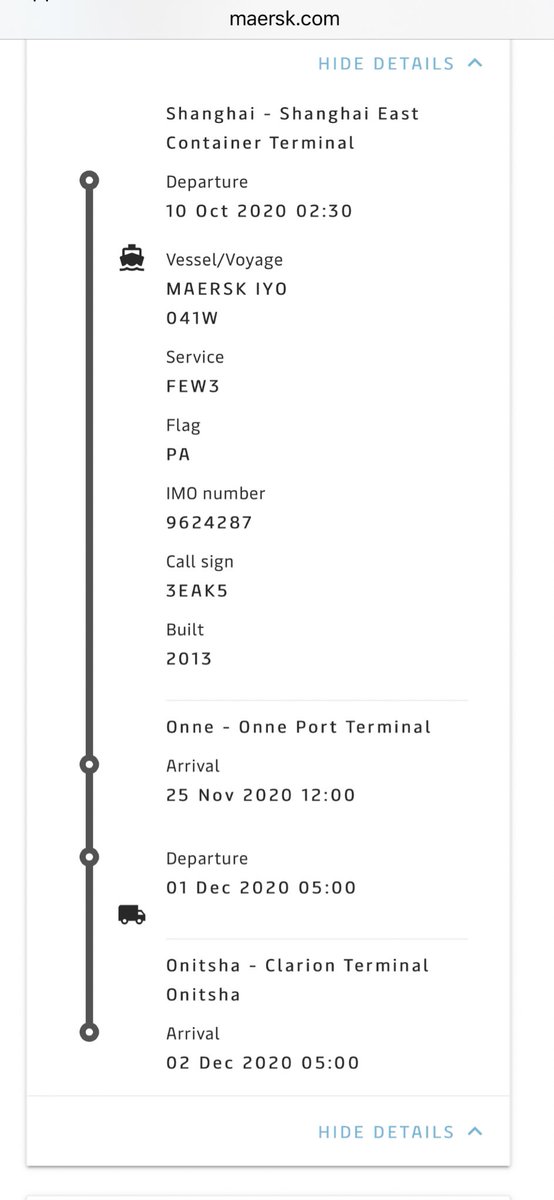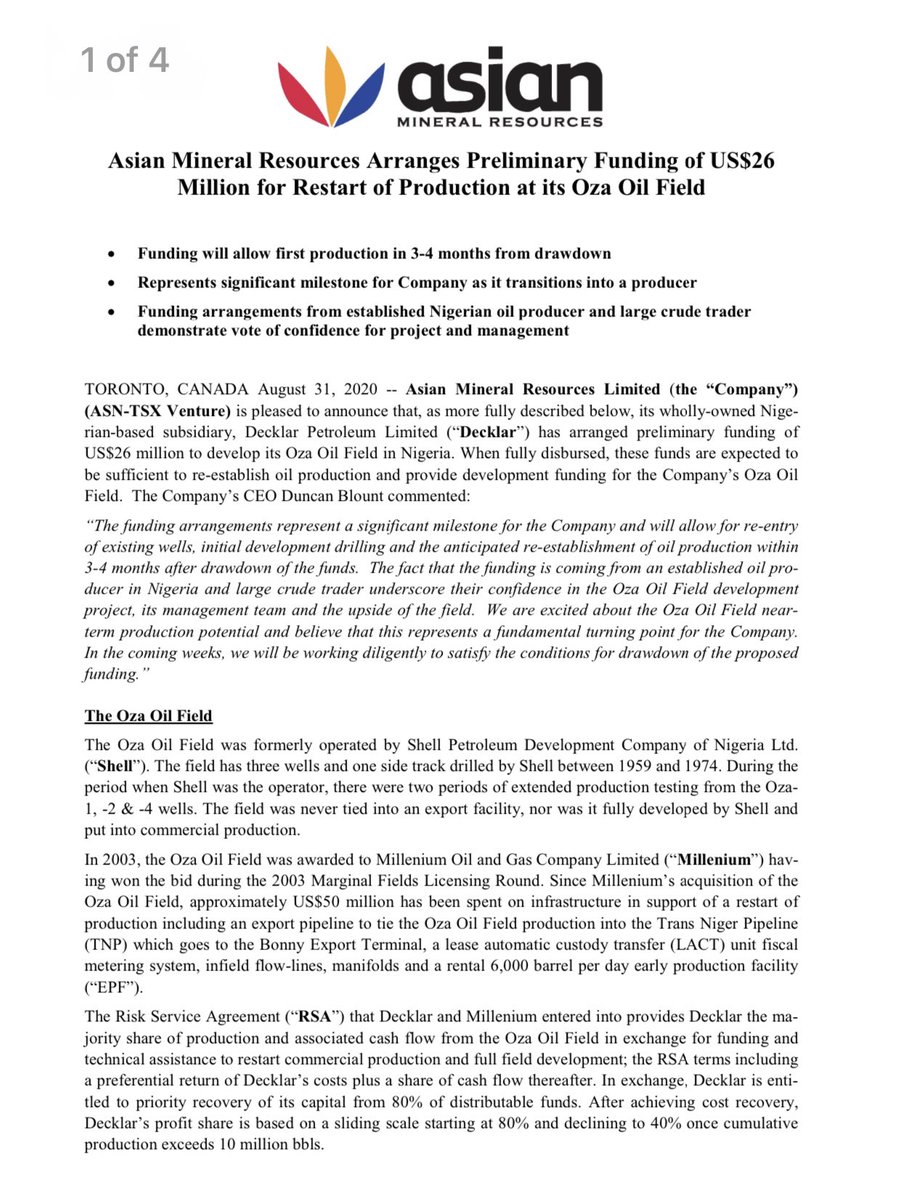
Today was the National Economic Council (NEC) Meeting - which brings the 36 Governors and @NigeriaGov together, monthly, under the Chairmanship of VP @ProfOsinbajo. Main item on Agenda was Police Reform and the ENDSARS protests.
Highlights of Resolutions/Decisions:
#Thread
Highlights of Resolutions/Decisions:
#Thread
Every State Government mandated to establish a Judicial Panel of Inquiry into Police Brutality and Extrajudicial Killings, chaired by a retired High Court Judge, with other members selected by the State Governor as follows:
*Two representatives of Civil Society groups
*One Retired Police Officer of high repute
*One Youth Representative
*One Student Representative
*One Representative of the State Attorney-General
*One representative from the National Human Rights Commission.
*One Retired Police Officer of high repute
*One Youth Representative
*One Student Representative
*One Representative of the State Attorney-General
*One representative from the National Human Rights Commission.
TOR for Panels:
*receive & investigate complaints of Police brutality or related extrajudicial killings
*evaluate evidence presented/other surrounding circumstances,& draw conclusions as to validity of complaints
*recommend compensation & other remedial measures,where appropriate
*receive & investigate complaints of Police brutality or related extrajudicial killings
*evaluate evidence presented/other surrounding circumstances,& draw conclusions as to validity of complaints
*recommend compensation & other remedial measures,where appropriate
The Panel’s assignment should be concluded within a maximum of six (6) months, unless it shows convincing reasons why the State Governor should allow an extension.
NEC also directed ALL State Governors to immediately establish a Victims Fund to enable the payment of monetary compensation to deserving victims.
(@followlasg has already established this Fund; also set up its own Judicial Panel. Governor @jidesanwoolu announced today).
(@followlasg has already established this Fund; also set up its own Judicial Panel. Governor @jidesanwoolu announced today).
NEC also directed that State Governors should “IMMEDIATELY establish a State-based Special Security and Human Rights Committee to be chaired by the Governors in their States, to SUPERVISE the newly formed police tactical units & all other security agencies located in the State.”
Members of the State Special Security and Human Rights Committee (chaired by the State Governor) would also include Representatives of Youths and Civil Society. The head of Police tactical units in each of the States would also be a member of the Committee.
Each State Special Committee on Security and Human Rights has also been mandated to establish a Human Rights Public Complaints Team of between 2 to 3 persons to receive complaints on an ongoing basis.
• • •
Missing some Tweet in this thread? You can try to
force a refresh












